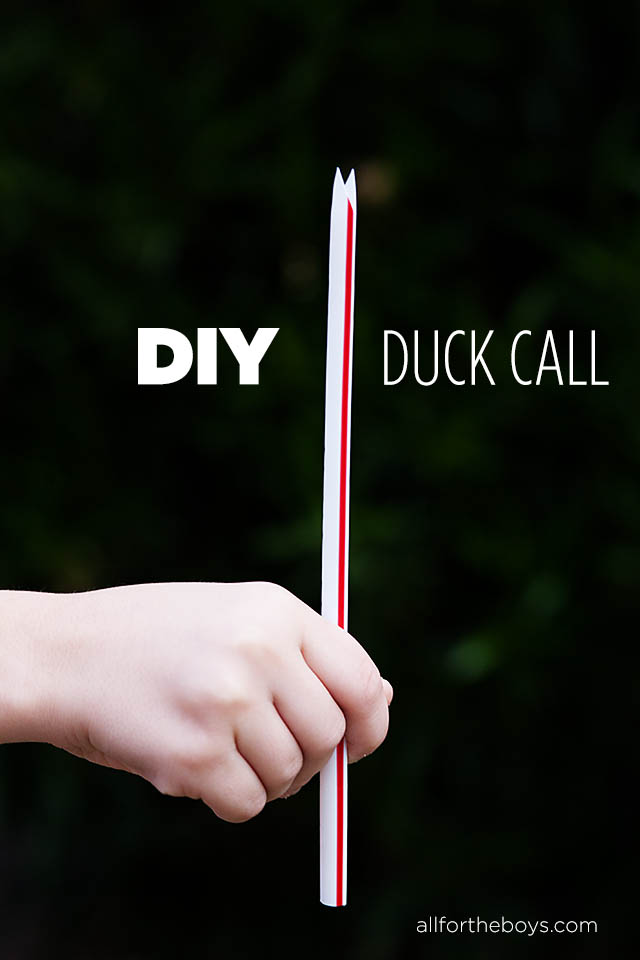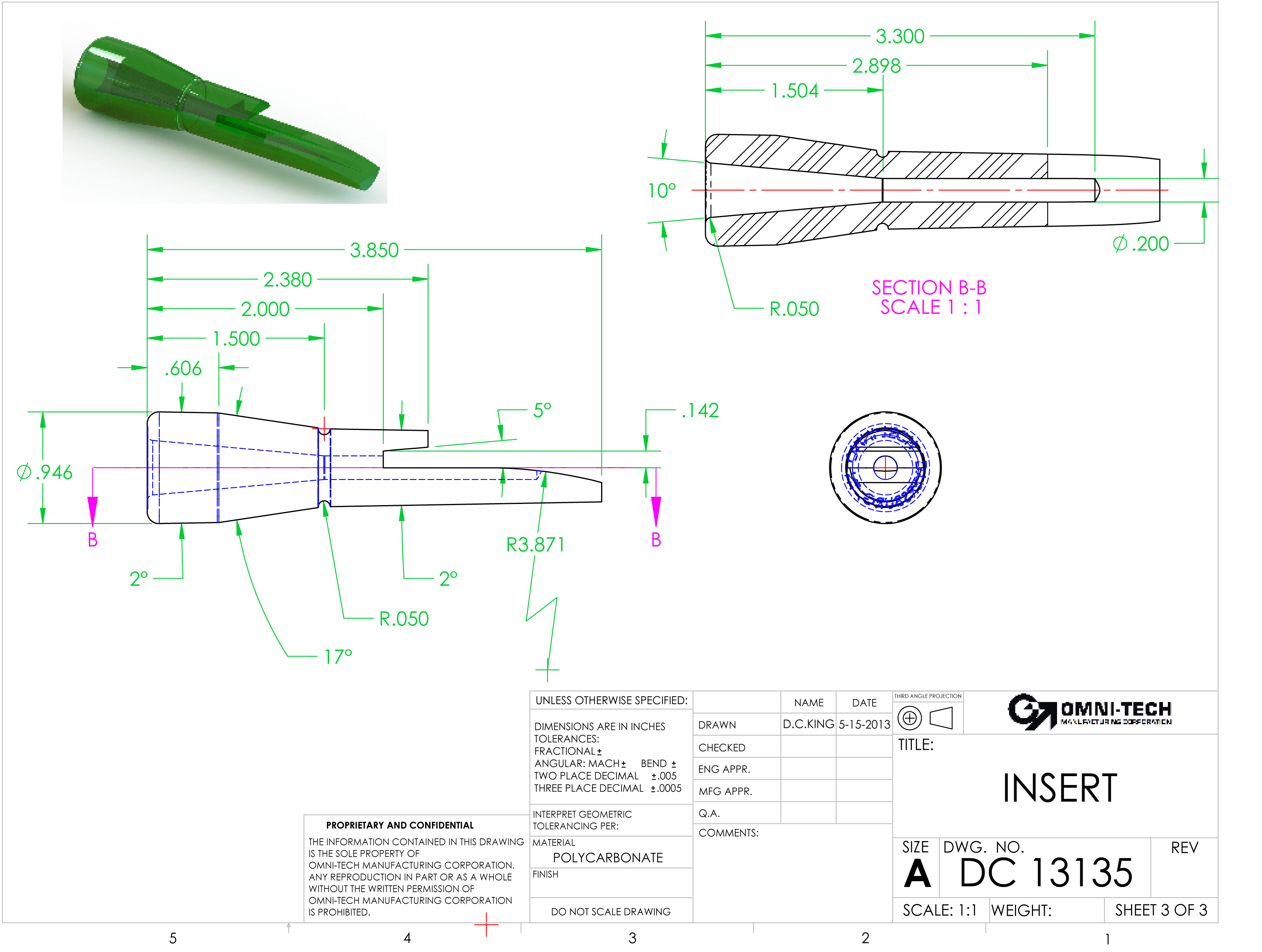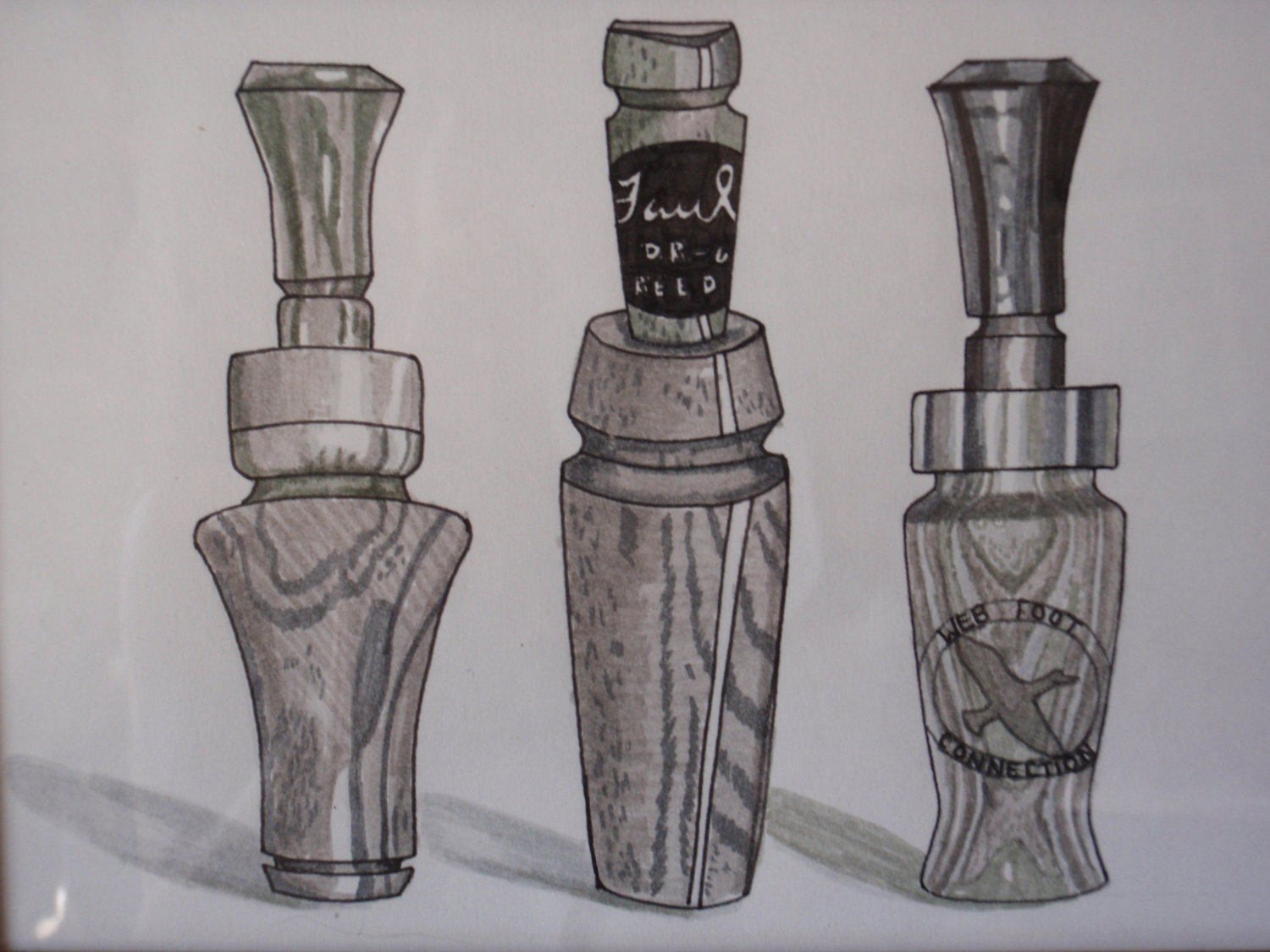Learning how to duck call is more than just a hobby—it's a skill that connects you to nature and enhances your hunting experience. Whether you're a novice or a seasoned pro, mastering the art of duck calling can make all the difference in the field. But where do you start? This guide will walk you through everything you need to know about duck calls, from the basics to advanced techniques.
Imagine this: you're out in the wild, surrounded by the sounds of nature. Suddenly, you hear a distant quack. But wait—is that a real duck, or someone showing off their skills? Duck calling isn't just about mimicking sounds; it's an art form that requires practice, patience, and a knack for listening. If you've ever wondered how to duck call, you're in the right place.
This guide dives deep into the world of duck calling. We'll explore the tools, techniques, and tips that will turn you into a pro in no time. Whether you're looking to impress your friends or improve your hunting success, we've got you covered. So grab your call, and let's get started!
Read also:Doug Hirsch Net Worth The Untold Story Behind The Man Who Shaped The Modern Travel Industry
Table of Contents
- Introduction to Duck Calling
- Types of Duck Calls
- Choosing the Right Duck Call
- Basic Duck Calling Techniques
- Advanced Duck Calling Tips
- Common Mistakes to Avoid
- Practicing Your Duck Calling Skills
- Understanding Duck Behavior
- Duck Calling in Different Weather Conditions
- Frequently Asked Questions
Introduction to Duck Calling
Duck calling is a fascinating skill that combines art and science. At its core, it's about imitating the natural sounds of ducks to attract them to your location. But it's not as simple as blowing into a whistle. You need to understand the different types of calls, the right timing, and the nuances of duck behavior.
There are several reasons why people learn how to duck call. For hunters, it's a tool to increase their chances of success. For wildlife enthusiasts, it's a way to connect with nature and observe ducks up close. Regardless of your reason, mastering duck calling takes time and practice. So, let's break it down step by step.
Why Learn How to Duck Call?
Here are some compelling reasons to dive into the world of duck calling:
- It improves your hunting success by attracting ducks to your decoys.
- It's a fun and rewarding skill that can be enjoyed with friends and family.
- It helps you understand duck behavior and communication patterns.
- It's a great way to bond with nature and appreciate the beauty of wildlife.
Types of Duck Calls
Not all duck calls are created equal. There are different types of calls designed for specific purposes and scenarios. Understanding these variations is crucial for choosing the right tool for the job.
Reed Calls
Reed calls are the most common type of duck call. They produce realistic quacks by vibrating a reed inside the call. These calls come in single-reed and double-reed varieties:
- Single-reed calls: Ideal for loud, long-distance calls.
- Double-reed calls: Perfect for softer, more natural sounds.
Plastic Calls
Plastic calls are durable and weather-resistant. They're great for beginners because they require less maintenance than wooden calls. However, they might not produce the same rich tones as traditional reed calls.
Read also:One Guy One Hammer Video The Ultimate Guide To This Viral Sensation
Choosing the Right Duck Call
Selecting the perfect duck call depends on your skill level, hunting environment, and personal preference. Here are some factors to consider:
Material
The material of your duck call affects its sound quality and durability:
- Wooden calls offer warm, natural tones but may require more upkeep.
- Plastic calls are low-maintenance and suitable for harsh weather conditions.
Purpose
Think about the type of hunting you'll be doing:
- For open water hunting, a louder call is essential to cut through the noise.
- For marsh hunting, a softer call works better to mimic natural duck sounds.
Basic Duck Calling Techniques
Once you have the right call, it's time to learn the basics. Start with these fundamental techniques:
The Quack
The quack is the most basic duck call. It's a simple, one-note sound that mimics the everyday communication of ducks. To produce a quack:
- Blow gently into the call while adjusting the position of your tongue and lips.
- Experiment with different levels of air pressure to find the perfect tone.
The Hail Call
The hail call is a long, loud series of quacks used to get the attention of distant ducks. It's perfect for open water hunting:
- Blow a series of five to ten quacks in quick succession.
- Gradually decrease the volume and speed as the ducks get closer.
Advanced Duck Calling Tips
Once you've mastered the basics, it's time to take your skills to the next level. Here are some advanced techniques to try:
The Lonesome Hen Call
This call mimics the sound of a lonely hen searching for a mate. It's a great way to draw ducks in during the breeding season:
- Use a series of high-pitched quacks with pauses in between.
- Add some variation to make it sound more natural.
The Feeding Chuckle
The feeding chuckle is a series of soft, staccato sounds that mimic ducks feeding. It's a subtle call that works well when ducks are close:
- Blow short bursts of air into the call while rolling your tongue.
- Practice until you can produce a smooth, consistent sound.
Common Mistakes to Avoid
Even the best duck callers make mistakes. Here are some common pitfalls to watch out for:
Overcalling
Too much calling can scare ducks away. Remember, less is often more:
- Observe the ducks' behavior and adjust your calling accordingly.
- Use silence as a tool to make ducks curious and approach your decoys.
Incorrect Timing
Timing is everything in duck calling. Calling at the wrong moment can ruin your chances:
- Wait until the ducks are within range before starting your call.
- Stop calling when the ducks are close to your decoys to avoid spooking them.
Practicing Your Duck Calling Skills
Practice makes perfect, especially when it comes to duck calling. Here are some tips to help you improve:
Set Aside Time for Practice
Make practice a regular part of your routine:
- Carry your duck call with you and practice during your downtime.
- Record yourself and listen for areas of improvement.
Join a Duck Calling Community
Connecting with other duck callers can provide valuable insights and motivation:
- Attend duck calling workshops or competitions.
- Join online forums or social media groups dedicated to duck calling.
Understanding Duck Behavior
To become a successful duck caller, you need to understand duck behavior. Here are some key points to keep in mind:
Duck Communication
Ducks use a variety of sounds to communicate with each other:
- Quacks are used for general communication.
- Whistles are used to signal danger.
- Growls are used during aggressive encounters.
Duck Migration Patterns
Understanding migration patterns can help you time your hunting trips:
- Ducks typically migrate south during the fall and north during the spring.
- Research local migration patterns to plan your hunting season.
Duck Calling in Different Weather Conditions
Weather can significantly impact duck calling. Here's how to adjust your techniques based on the conditions:
Wind
Wind can carry your calls further, but it can also distort the sound:
- Position yourself downwind to ensure your calls reach the ducks.
- Use louder calls on windy days to cut through the noise.
Rain
Rain can dampen the sound of your calls, making them less effective:
- Protect your call from moisture to maintain its quality.
- Use softer calls on rainy days to mimic the natural sounds of ducks in the rain.
Frequently Asked Questions
Here are some common questions about duck calling:
How Long Does It Take to Learn Duck Calling?
Learning duck calling is a gradual process. With regular practice, you can see improvement within a few weeks. However, mastering the art takes time and dedication.
Can I Use a Duck Call for Other Birds?
While duck calls are designed for ducks, some calls can mimic the sounds of other waterfowl. Experiment with different techniques to see what works best.
Where Can I Buy a Good Duck Call?
You can find high-quality duck calls at sporting goods stores or online retailers. Look for brands with a reputation for producing durable, realistic calls.
What Should I Do If My Duck Call Gets Wet?
Wooden calls are particularly susceptible to moisture damage. To protect your call:
- Store it in a dry place after use.
- Apply a protective coating to wooden calls to prevent warping.
Is Duck Calling Allowed in All Hunting Areas?
Check local regulations before using a duck call. Some areas have restrictions on the use of electronic calls or amplified sounds.
In conclusion, learning how to duck call is a rewarding skill that opens up a world of possibilities. From improving your hunting success to connecting with nature, the benefits are endless. So, grab your call, head out into the wild, and start practicing. Don't forget to share your experiences and tips with fellow enthusiasts. Happy calling!


